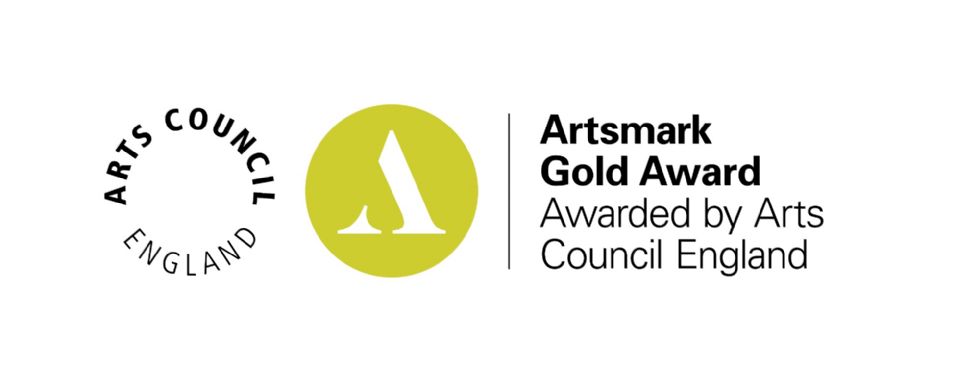The Nature of Autism
Autism is a lifelong condition, which has its origins before birth. It is a very complex condition which presents very differently from person to person. For this reason at Spring Common Academy we use the term Autism Spectrum Conditions (ASC) to describe the wide range of ‘autisms’ within the diagnostic category. An eminent researcher in the field, Simon Baron-Cohen, writes:
The official terminology is to use the acronym ASD, for autism spectrum disorder. I prefer the acronym ASC, since individuals in the high-functioning subgroup are certainly different – they think differently and perceive differently – but it is arguable whether these differences should be seen as a disorder.
(Baron-Cohen, Autism and Asperger Syndrome 2008, p14)
Currently ASC are diagnosed behaviourally. This means that the medical professionals involved in the diagnosis will base their judgement on clinical interviews with parents and carers and/or direct observation of the child. Autism is usually diagnosed by a paediatrician, often working with a speech and language therapist and a psychologist as part of a multi-disciplinary team. As yet there is no test to identify autism through biological markers, such as gene variants or specific proteins in the blood.
Autism is diagnosed when atypical patterns of behaviour are observed in three key areas of development:
PLUS: Sensory Sensitivities
Many people with ASC have difficulties in a fourth area: sensory sensitivity. They may be unusually sensitive to the way things feel, for example, finding the texture of certain clothing materials intolerable to the point of painfulness. Unusual levels of sensitivity to sounds, smells and visual stimuli are the daily experience of people with ASC. They may be hypersensitive and experience aspects of the daily sensory diet that we all live through as overwhelming. They may simultaneously be hyposensitive to other stimuli and not notice things that seem very apparent to most neurotypical people. (‘Neurotypicals’ is the term used by many people with ASC to describe those who do not have a diagnosis of the condition). Each person with Autism has their own sensory profile and what may overwhelm one person may have no adverse impact on another.
When I was little, loud noises were also a problem, often feeling like a dentist’s drill hitting a nerve. They actually caused pain. I was scared to death of balloons popping, because the sound was like an explosion in my ear. Minor noises that most people can tune out drove me to distraction.
(Grandin, 2006, p63)




